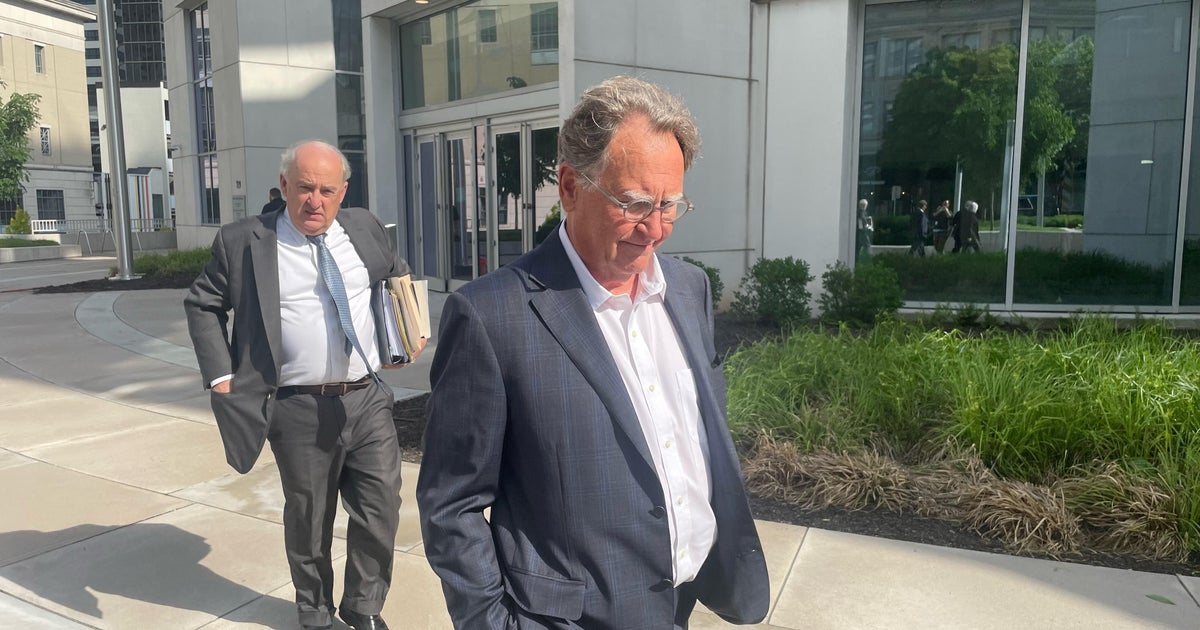
Pain Clinic CEO, Accused of Turning Patients into “Human Pin Cushions,” Receives 18-Month Sentence Instead of 20 Years.
The Unexpected Twist in Nashville
Nashville was abuzz with an incident that, on the surface, seemed like a standard court proceeding. But it wasn’t just any day at the courthouse – it became a moment that would make many pause and reconsider their faith in justice.
Federal prosecutors were aiming high – nearly 20 years in prison for the CEO of Pain MD, a company tangled up in serious allegations. They were talking about hundreds of thousands of questionable injections, all given to patients heavily reliant on opioids. This sentence would have set a new precedent for health care executives caught in fraud, something we haven’t seen much of in recent years.
Yet, somehow, the outcome felt… underwhelming. Eighteen months – that’s what it came down to.
Reactions Inside and Outside the Courtroom
Judge Trauger put it plainly: the CEO knew his actions were wrong, but he didn’t seem to care about their impact. It was almost as if concern for others was missing from his vocabulary.
In court, Kestner chose silence over explanations. Apart from sharing details about his medical conditions, he had little to say. As he left the courthouse, questions hung in the air, unanswered and perhaps never to be addressed.
The Department of Justice (DOJ) painted a vivid picture during the trial. They described how Pain MD’s “unnecessary and expensive injections” missed their mark – literally. These shots targeted the wrong body parts, filled with numbing agents but lacking steroids. They likened them to tests conducted on cadavers – after all, those recipients couldn’t complain about pain or relief.
At last year’s trial, stories came to light that painted Kestner as the mastermind behind these injections – around 700,000 over eight years. Some patients endured up to 24 injections at once, caught between fear and dependency.
A handful of former patients shared their distressing experiences. They endured these treatments because they feared losing access to their painkillers, without which they could slip into withdrawal’s unforgiving grip. Their stories served as a stark reminder of how desperate circumstances can leave people with few choices.
Voices from the Affected
A former patient named Shaw didn’t mince words. On May 14, she voiced her disappointment with the outcome: “I’m disgusted that all they got was a slap on the wrist as far as I’m concerned.” Her hope? That karma would eventually catch up with Kestner, wishing him nothing less than to face the consequences of his actions.
This case has left many pondering how justice is served when lives are deeply affected by such decisions. It’s not just about legal battles; it’s about real people dealing with real consequences.
The entire ordeal serves as a potent reminder of how swiftly situations can change – leaving us questioning what comes next. Perhaps we’re left wondering… how do we move forward? If you want more details on similar cases affecting communities nationwide, check out this insightful article from NPR.
For more context on prison security, see this overview of prison security on Wikipedia.



